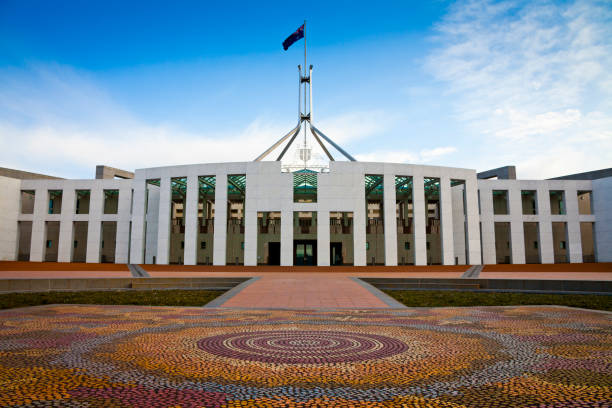As we move towards the coming referendum, it is worth considering what role education can play when thinking about democratic change. During this national discussion, several claims have been made about the result of a positive Yes vote. Without quoting, many statements have been false, the claim that Constitution change is permanent and cannot be undone, being one. By example, since the Australian Constitution came into effect on January 1, 1901, there have been eight changes, or amendments, made to it. These amendments were made through a specific process outlined in the Constitution itself, involving approval by a majority of voters and a majority of Sates in a national referendum. Here is a list of the eight amendments:
- 1906 - The first amendment dealt with the composition of the Senate and how senators would be elected.
- 1910 - This amendment introduced the concept of preferential voting for federal elections.
- 1928 - It allowed for the representation of the Australian Capital Territory (ACT) in the House of Representatives and the Senate.
- 1946 - This amendment expanded the power of the Commonwealth to make laws regarding social services and benefits.
- 1967 - A significant amendment that included changes to address the counting of Aboriginal people in the national census and provided for the federal government to make laws for Indigenous Australians.
- 1977 - An amendment related to the retirement age of federal judges.
- 1977 - This amendment allowed for residents of the Northern Territory and the Australian Capital Territory to vote in referendums.
- 1984 - An amendment related to casual Senate vacancies and how they are filled.
These amendments reflect the evolving needs and priorities of the Australian nation over the years and demonstrate the flexibility of the constitutional framework in responding to change. The Constitution is not a document set in stone and may be changed at any time based on the mechanism within it, the referendum.

Education should and can equip citizens with the awareness of referenda as that mechanism for constitutional change, and in particular their active engagement in the democratic process. Education should foster critical thinking and encourage analytical skills, enabling individuals to assess the potential ramifications of proposed constitutional amendments, including the historical context, consequences, and stakeholder impacts. Furthermore, Education should nurture a deeper comprehension of democratic principles, such as representation and accountability. This knowledge empowers citizens to participate in the constitutional change process knowledgeably. It also cultivates the capacity for informed decision-making, guiding citizens in evaluating arguments for and against proposed amendments, and discerning potential biases or misinformation.
A well-rounded Civic Education should encourage active participation in democracy, motivating individuals to attend public forums, engage in discussions, and stay abreast of current political affairs. A well-informed and engaged citizenry is the bedrock of a healthy democracy. Adult education organisations both in Australia and overseas can and have played an importantl role in promoting a learning society. They do this by offering a wide range of educational opportunities for adults, helping them acquire new skills, further their knowledge, and adapt to changing societal and economic conditions. They actively promote the idea of lifelong learning, and through it, a civil society, encouraging individuals to continue their education throughout their lives. This is essential for personal growth, career development, and societal progress. Governments of all colours should actively assist in the maintenance and promotion of these organisations.
In an era dominated by social media, strong challenges emerge. The deluge of information, including misinformation and biased opinions, can make it onerous for individuals to sift through reliable sources and discern accurate information regarding constitutional matters. Social media can create echo chambers, limiting exposure to diverse perspectives and potentially obstructing a comprehensive understanding of constitutional issues. Discussions on complex constitutional matters may be superficial on social media platforms, often reduced to soundbites and broad unsubstantiated claims. This can hinder a nuanced comprehension of the issues at hand. Moreover, the lack of accountability in the online realm may perpetuate the spread of misinformation and toxic discourse.
To counteract these challenges, it is imperative that Education promotes media literacy and critical thinking skills, both within educational curricula and in broader public discourse. Additionally, efforts to foster civil and respectful online discussions about constitutional matters can serve as a counterbalance to the potential negative effects of social media. We commend the National Broadcaster for its comprehensive efforts to this end.
Garry John Traynor, OAM.
College Principal
Oct 4th 2023
The views expressed above are those of the author.

